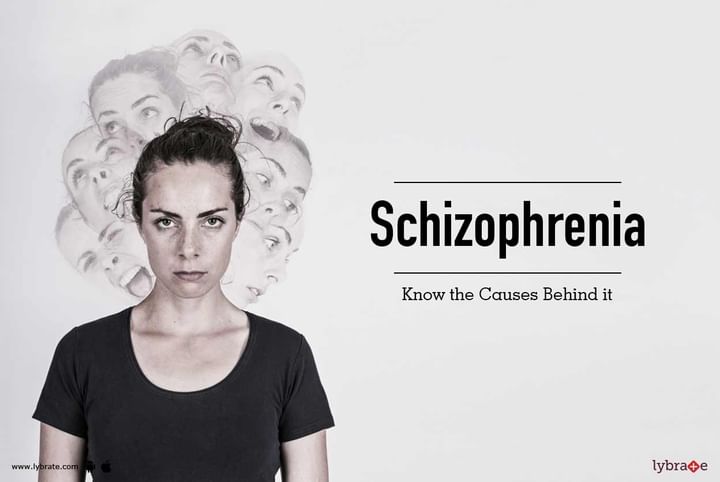Schizophrenia - Know the Causes Behind it
Schizophrenia has been recognized as a mental disorder that combines symptoms like hallucinations with distorted thinking and others like fright and severe paranoia. This condition is one that gets progressively worse over time and leads to delusional thinking. Oversleeping and complaining of fatigue are usually the earliest signs of this condition's onset. Eventually, it becomes a debilitating factor in the life of the patient, who will not be able to function in a normal way due to the severe symptoms.
Read on to know more about the types and causes of this condition:
- Genetic Causes: Schizophrenia may be caused due to genetic factors and it may be a learned or inherited disorder. It is known to affect patients who have a parent or a sibling who may have suffered from this condition. Yet, one must also remember that Schizophrenia can only be influenced by genetics, and not determined by the same.
- Environmental Causes: When there has been an exposure to a viral infection during the pre natal stage, the patient is susceptible to this condition. Also, it may affect children who have been subject to the loss of a parent or separation at an early age. Physical and emotional abuse in one's childhood may also bring on this condition. Low level of oxygen at the time of birth is one of the causes of this condition in many patients.
- Anomalies in Brain Structure: When the brain ventricles of the patient are enlarged, he or she may be prone to this condition. Also, anomalies in the temporal lobes and amygdala have links with the onset of this condition.
- Types: A wide variety of mental and medical conditions can manifest with psychotic symptoms that must be considered in the differential diagnosis of schizophreniform disorder. These include psychotic disorder due to another medical condition or its treatment; delirium or major neurocognitive disorder; substance/medication-induced psychotic disorder or delirium; depressive or bipolar disorder with psychotic features; schizoaffective disorder; other specified or unspecified bipolar and related disorder; depressive or bipolar disorder with catatonic features; schizophrenia; brief psychotic disorder; delusional disorder; other specified or unspecified schizophrenia spectrum and other psychotic disorder; schizotypal, schizoid, or paranoid personality disorders; autism spectrum disorder; disorders presenting in childhood with disorganized speech; attention-deficit/hyperactivity disorder; obsessive-compulsive disorder; posttraumatic stress disorder; and traumatic brain injury.
Since the diagnostic criteria for schizophreniform disorder and schizophrenia differ primarily in duration of illness, the discussion of the differential diagnosis of schizophrenia also applies to schizophreniform disorder.
Brief psychotic disorder - Schizophrenia disorder differs in duration from brief psychotic disorder, which has a duration of less than 1 month to residual schizophrenia.
Residual Schizophrenia is a condition where the patient does not experience the various debilitating symptoms of the condition, and is on the road to recovery. Yet, even in this type of Schizophrenia, the patient will not really show any interest in life and the activities around him or her. Finally, the last type of Schizophrenia is Schizoaffective Disorder which is characterised by the symptoms of Schizophrenia as well as the symptoms of major mood disorders. When combined, this condition can lead to major complications and complex behavior.
A patient suffering from this condition will need to see a mental health specialist like a psychiatrist or a psychologist on an immediate basis. The treatment will be carried out on a long term basis for the results to start appearing.



+1.svg)
